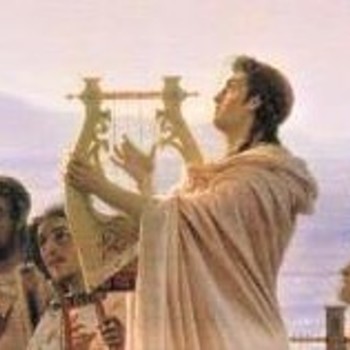Some of the Best Aphorisms of Hippocrates?
1 Answer
The following are some of the aphorisms attributed to the ancient Greek physician Hippocrates, the father of modern medicine (c. 460 BC - c. 370 BC).
Explanation:
-- "Let your food be your medicine".
-- "Wherever the art of Medicine is loved, there is also a love of Humanity". (Art, VI).
-- "Leave your drugs in the chemist's pot, if you can heal the patient with food".
-- "The physician must insert wisdom into medicine, and medicine into wisdom". (Decorum, 6, 15)
-- "Comfort [the patient] always".
-- "As to diseases, make a habit of two things — to help, or at least to do no harm". (Epidemics, I.11). Also: "Primum non nocerum" ("First do no harm", in Latin).
-- "When more nourishment is taken than the [person's] constitution can stand, disease is caused, as it is shown by the treatment" (Aphorisms, 17).
-- "Walking is man's best medicine".
-- "Everything in excess [including food or drink], is opposed by nature" [or "in opposition to nature"]. (Aphorisms).
-- [Do some] "mild exercise ... and walk. Do not eat to saturation". (About Diseases).
-- "If we could give every individual the right amount of nourishment and exercise -- not too little and not too much -- we would have found the safest way to health".
-- "The best physician is also a philosopher".
-- "A wise human being should consider that health is the greatest of human blessings, and should learn how -- by his own [power of] thought -- to derive benefit from his [or her] illness".
-- “He who administers therapy must first know the whole [human being] as a unique psychosomatic entity”.
-- "The natural forces within us are the true healers of disease. [...] Well trained, promptly and without our instruction, nature ['physis'] does what is needed". (Epidemics 6).
-- “The best physician is the one who can prevent and predict”.
-- [To doctors]: “I urge you not to be unkind, but to consider carefully your patient's financial status. Sometimes you should give your services for free". (Precepts, chapter 6).
-- "The greatest medicine of all is to teach people how not to need it".

